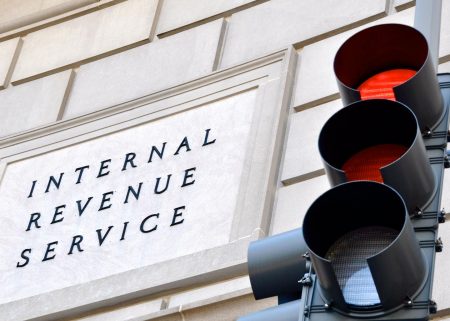Roger Ver, once lauded as “Bitcoin Jesus” for his early advocacy of cryptocurrency, is embroiled in a legal battle with the U.S. government, facing charges of mail fraud, tax evasion, and filing false tax returns. Arrested in Spain in April 2024, Ver’s case stems from allegations related to his 2014 expatriation, during which he renounced his U.S. citizenship and acquired citizenship in St. Kitts and Nevis. Central to the dispute is the U.S. “exit tax,” a levy imposed on individuals deemed “covered expatriates” – those with a net worth of $2 million or more – who renounce their citizenship. This tax treats expatriation as a “deemed sale” of worldwide assets, requiring individuals to report and pay taxes on any unrealized gains. The indictment alleges Ver concealed significant Bitcoin holdings, thereby evading an estimated $48 million in exit taxes. Further accusations involve filing a false gift tax return in 2011 and omitting substantial Bitcoin transactions from his 2017 tax return.
Ver’s defense strategy centers on a constitutional challenge to the exit tax itself. His legal team argues that the exit tax constitutes a direct tax, which, according to the Constitution, must be apportioned among the states based on their populations. While the Sixteenth Amendment exempts income taxes from this apportionment requirement, Ver contends that unrealized gains, the basis of the exit tax, do not qualify as realized income under established tax principles. Therefore, he asserts that the exit tax is an unconstitutional, unapportioned direct tax, unjustly penalizing individuals for exercising their right to expatriate. This argument raises complex questions about the nature of income and the scope of the Sixteenth Amendment.
Beyond the apportionment argument, Ver’s defense also raises due process concerns. They argue that the exit tax regime is overly punitive, vague, and burdensome, violating fundamental fairness principles. Its targeted application to a specific subset of individuals – those with significant net worth – further fuels the argument of unfairness. The defense contends that the complexity and potential ambiguity of the exit tax law make it difficult for individuals to comply, potentially exposing them to penalties even when acting in good faith. This line of argument highlights the tension between the government’s need to collect revenue and the individual’s right to due process.
Another key element of Ver’s defense revolves around the fundamental right to expatriate. His legal team argues that the exit tax imposes an unconstitutional burden on this right, acting as a financial deterrent to renouncing citizenship. The potentially substantial tax liability, particularly for those with high net worth but limited liquidity, effectively creates a financial barrier to expatriation. This argument frames the exit tax not as a legitimate revenue-raising measure, but as a punitive measure designed to discourage individuals from leaving the U.S. tax system. The case thus raises broader questions about the balance between individual liberties and government authority.
While Ver challenges the constitutionality of the exit tax, the case also grapples with the intricacies of the statute of limitations for tax crimes. Although civil tax fraud cases have no time limit, criminal tax cases typically have a six-year statute of limitations. However, the clock starts ticking not necessarily from the date of the offense, but from the date of the last affirmative act of evasion. In Ver’s case, this could be as late as December 2018, when he allegedly filed a false return related to Bitcoin transactions. Further complicating matters is the tolling provision, which suspends the statute of limitations while the accused resides outside the U.S. These complexities highlight the challenges inherent in prosecuting international tax crimes.
The Ver case serves as a cautionary tale for individuals considering expatriation or navigating the complexities of international tax law. It underscores the long reach of the U.S. tax system and the IRS’s commitment to pursuing alleged violations, even years later. Regardless of the outcome of Ver’s constitutional challenge, his case highlights the importance of meticulous compliance with tax laws. The tolling provisions and allegations of ongoing evasion keep Ver within the government’s reach, demonstrating that the passage of time offers no guaranteed escape from potential tax liabilities. The case also emphasizes the critical need for expert tax advice when dealing with expatriation, a complex area fraught with potential pitfalls. Regardless of the final verdict, the Ver case is likely to have lasting implications for the interpretation and enforcement of expatriation tax laws, potentially influencing future disputes between the IRS and former U.S. citizens. The case will undoubtedly draw attention to the intricacies and potential ambiguities of these laws, potentially prompting calls for clarification and reform.










